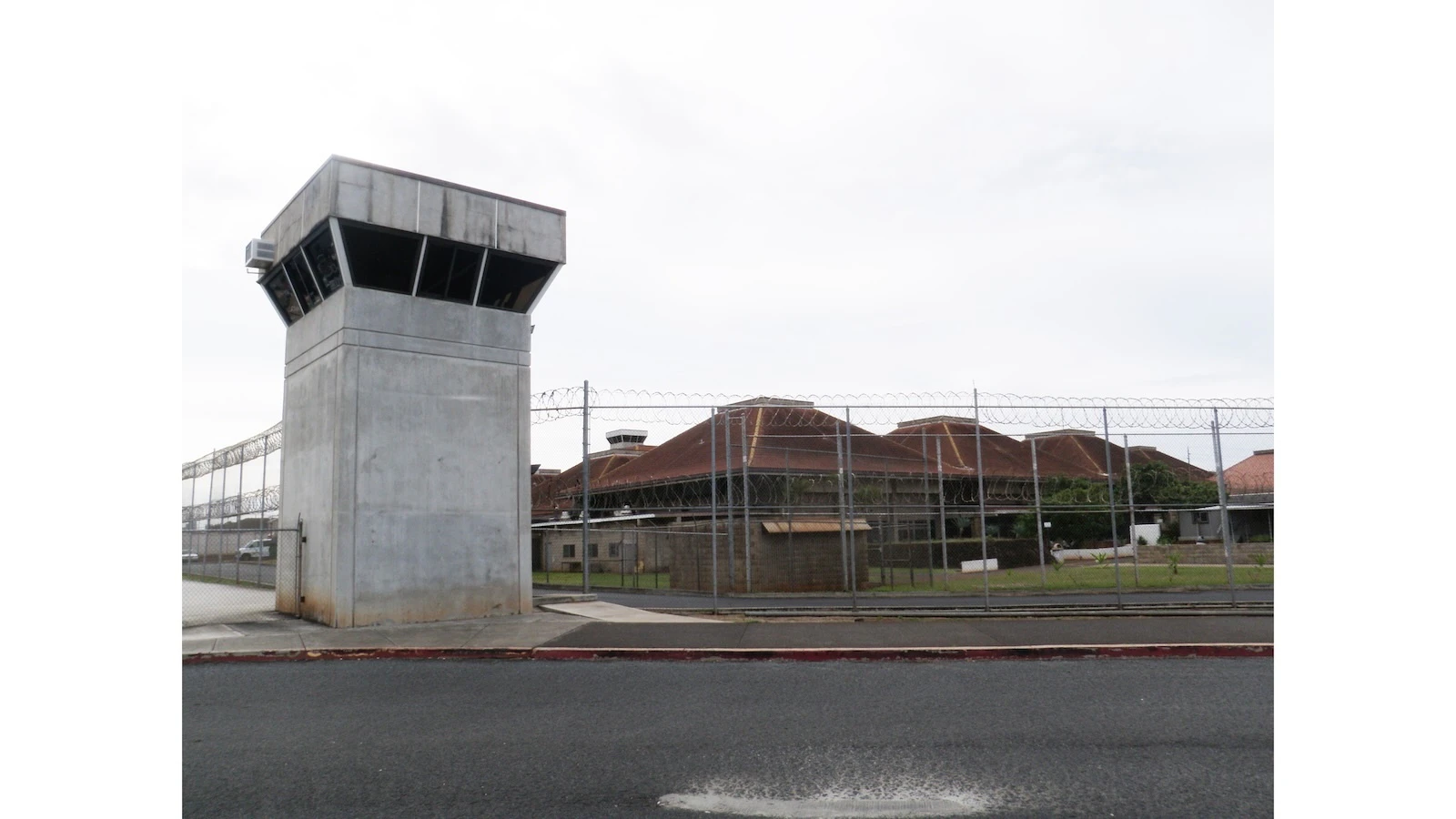The state could shed light on “one of the darkest corners of Hawai‘i's public policies” thanks to a prison reform proposal.
Senate Bill 104 would restrict the state’s use of solitary confinement within Hawai‘i prisons and require greater review and reporting of how the practice is implemented.
Prison reform advocate Kat Brady is the bill’s primary architect, and told Aloha State Daily that she has been working on some version of solitary confinement reform for over a decade, despite pushback and stonewalling from the state Department of Corrections and Rehabilitation.
“There’s so much stuff that goes unreported on it,” Brady said. “Basically, I’ve learned that the state Legislature is afraid to deal with it. The assume everyone dealing with solitary is Charles Manson.”
Brady said the lack of transparency about solitary confinement — defined in the bill as when an inmate is confined in a cell for 20 hours or more per day, with their activities, movements and social interactions severely restricted — has real impacts on human lives: she said she has spoken with several prisoners who have been placed into solitary confinement without any explanation why, or any explanation of how to be released back into general population.
“I know people who have come out of solitary … damaged,” Brady said. “I’ve known people before they went in and they came out different.”
Under SB104, the state Department of Corrections and Rehabilitation would be required to restrict the use of solitary confinement beginning July 2026. Solitary would only be permissible if there is a reasonable reason to believe the prisoner poses a risk of immediate harm to themselves or another, and that prisoner would have a right to a hearing within 24 hours of being committed, and to be represented at that hearing.
Prisoners in solitary would not be denied access to food, water, medical care or legal counsel, they would be provided a document explaining “the criteria for a pathway back into the general population,” and more, the measure reads.
Prisoners 21 years old or younger, pregnant or recently pregnant would also not be subject to solitary confinement.
The measure would also form various working groups to consider further policies regarding the use of solitary confinement on vulnerable populations — such as the elderly, disabled or those with serious medical conditions — which would report to the state Legislature in 2027.
Brady said SB104 has been overwhelmingly popular throughout the legislative session — except with the Department of Corrections and Rehabilitation, which provided the only negative testimony against the bill across six committee hearings.
DCR has submitted written testimony saying that the bill “attempts to resolve a problem that does not exist” and that separating a prisoner who is exhibiting inappropriate behaviors “is necessary for the greater good.”
But Brady said the state’s use of solitary confinement has been heavy-handed. She said she has worked with one inmate who was placed in solitary when prison staff “shook down” his cell to look for illicit drugs.
“They shook down the wrong cell, they knew they did, but he went into solitary anyway,” Brady said. “[The state] has been kowtowing to DCR at risk of people’s lives.”
The bill states that solitary confinement has a long-documented history of causing significant — and often permanent — psychological and physical damage. 24 states have enacted laws to limit or prohibit the use of solitary confinement.
At the same time, Hawai‘i's prison system faces an ongoing mental health crisis. Four inmate deaths in Hawai‘i prisons were suspected or confirmed suicides in 2024, the most since 2020.
“It may not seem like high numbers compared to, say, Illinois, where there’s more than 50,000 people in prison,” Brady said. “We’ve got about 3,800 in prison [statewide], so if that many people die, that’s way wrong.”
The bill now sits on Gov. Josh Green’s desk, awaiting his signature. Green’s office has not signaled his stance on the issue, but Brady said she has worked with Michael Champion, Green’s senior advisor for mental health and the justice system, on the bill, and hoped that Champion — who has himself advocated for ending solitary confinement in Hawai‘i — will put a good word in the governor’s ear.
“We’re creating a really robust criminal class,” Brady said. “It’s so obvious that people are getting incarcerated because they can’t get necessary services, they can’t get housing or mental health services.”





